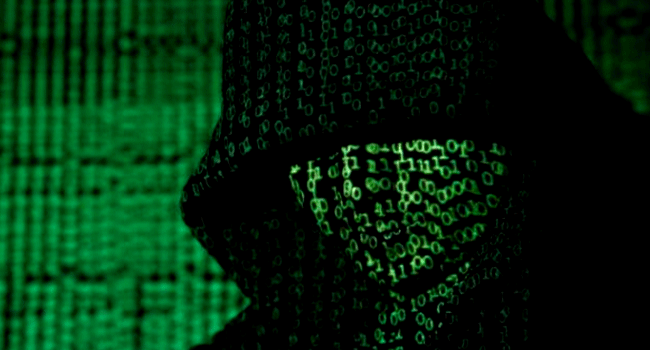
Worried by the potential harm of taking part in the ‘Invisible Challenge’ on short-form video hosting service, TikTok, the Nigerian Communications Commission’s (NCC) Computer Security Incident Response Team has warned Nigerians that the viral challenge exposes devices to Information-Stealing Malware.
The warning was contained in an advisory on Tuesday by NCC Director of Public Affairs, Reuben Muoka, who said threat actors had taken advantage of a viral TikTok challenge, known as the Invisible Challenge, to disseminate an information-stealing malware known as the WASP (or W4SP) stealer.
“The Invisible Challenge involves wrapping a somewhat transparent body contouring filter around a presumed naked individual. Attackers are uploading videos to TikTok with a link to software that they claim can reverse the filter’s effects,” the advisory read in part.
“Those who click on the link and attempt to download the software, known as “unfilter,” are infected with the WASP stealer. Suspended accounts had amassed over a million views after initially posting the videos with a link. Following, the link leads to the “Space Unfilter” Discord server, which had 32,000 members at its peak but has since been removed by its creators.
“Successful installation will allow the malware to harvest keystrokes, screenshots, network activity, and other information from devices where it is installed. It may also covertly monitor user behaviour and harvest Personally Identifiable Information, including names and passwords, keystrokes from emails, chat programs, websites visited, and financial activity. This malware may be capable of covertly collecting screenshots, video recordings, or the ability to activate any connected camera or microphone.”
The CSIRT is the telecom sector’s cyber security incidence centre set up by the NCC to focus on incidents in the telecom sector and as they may affect telecom consumers and citizens at large.
It also works collaboratively with Nigerian Computer Emergency Response Team, established by the Federal Government to reduce the volume of future computer risk incidents by preparing, protecting, and securing Nigerian cyberspace to forestall attacks, and problems or related events.





